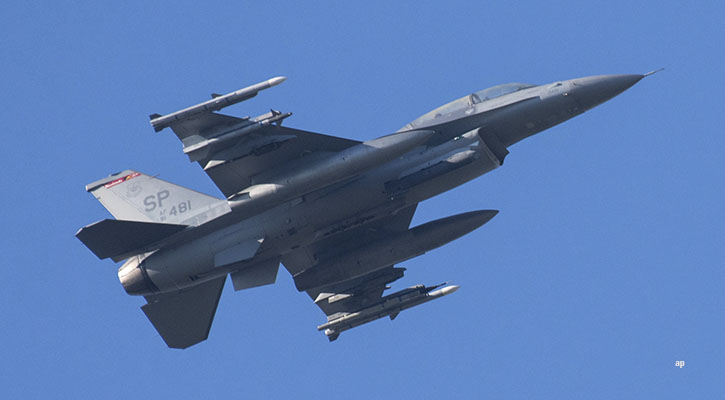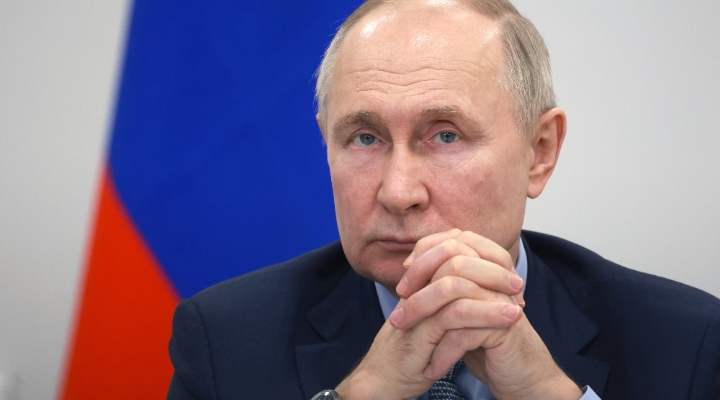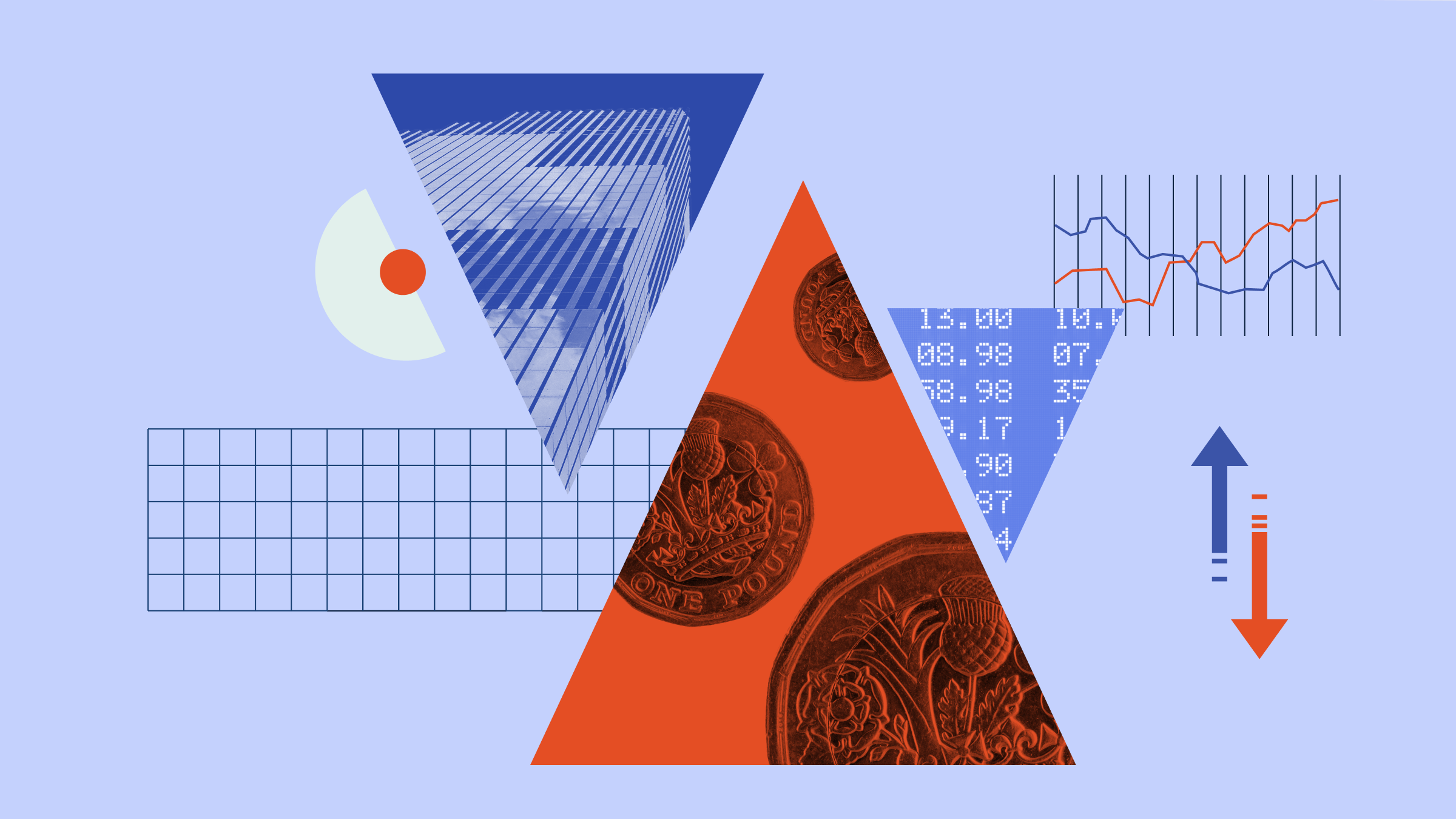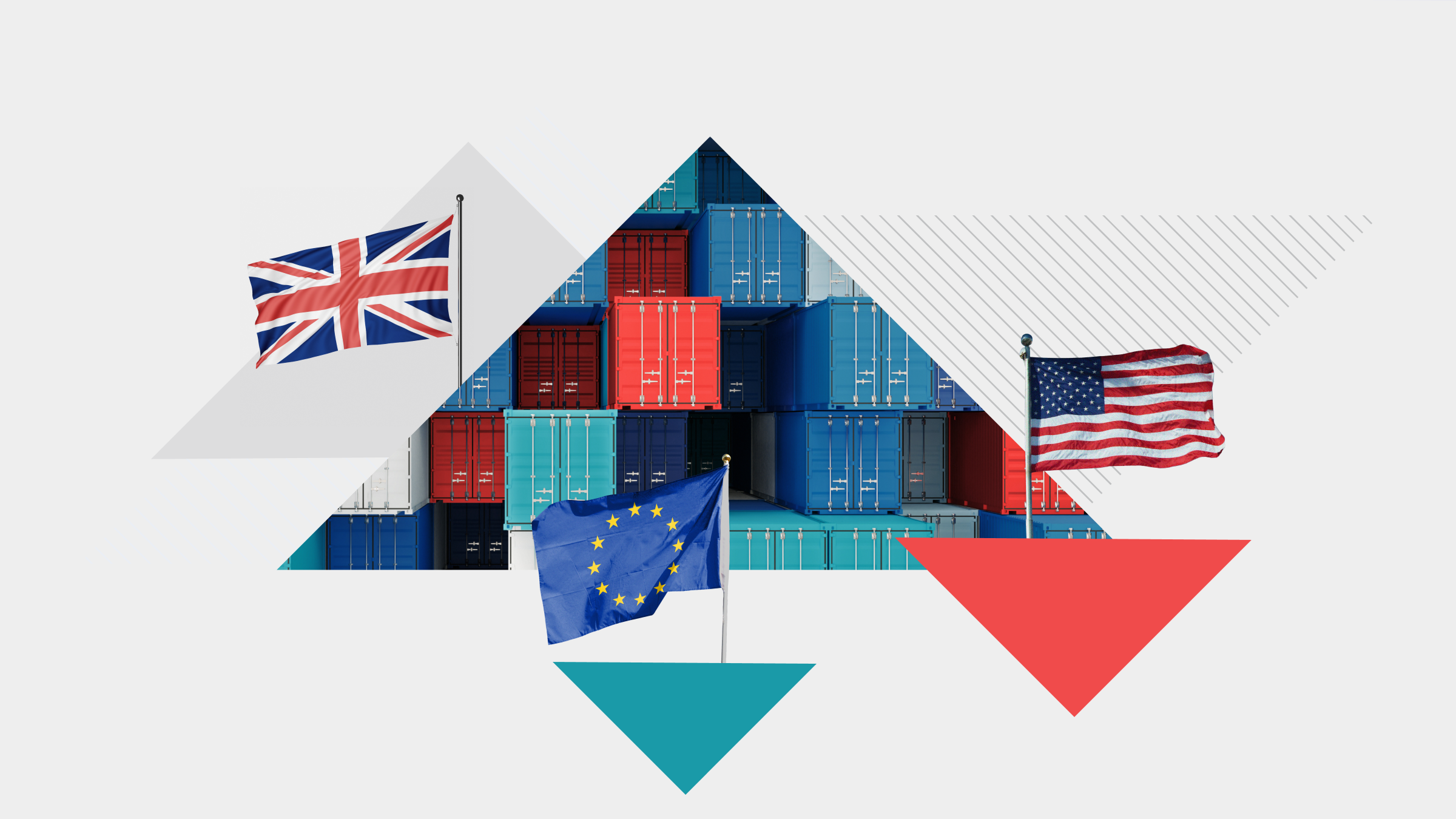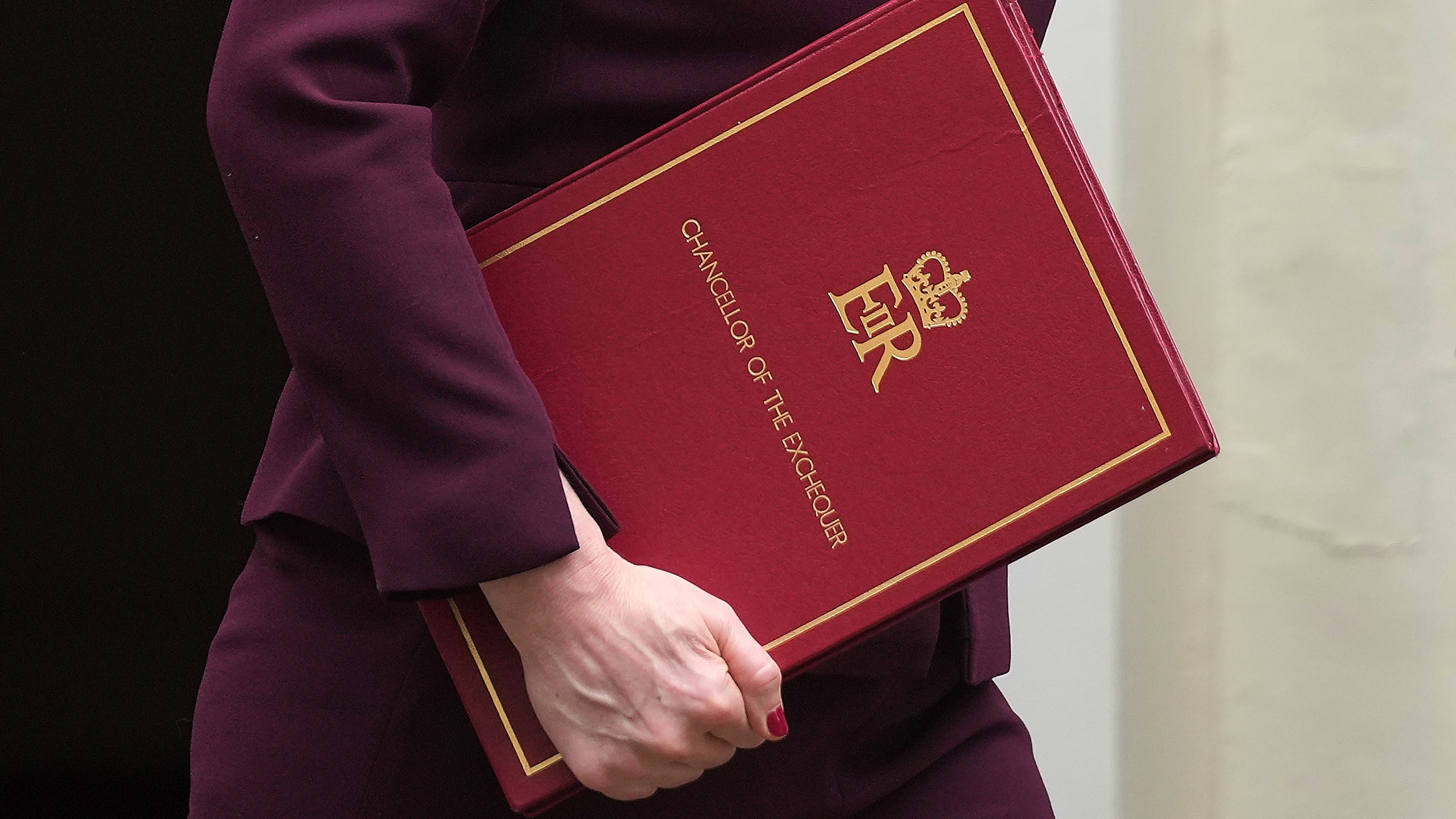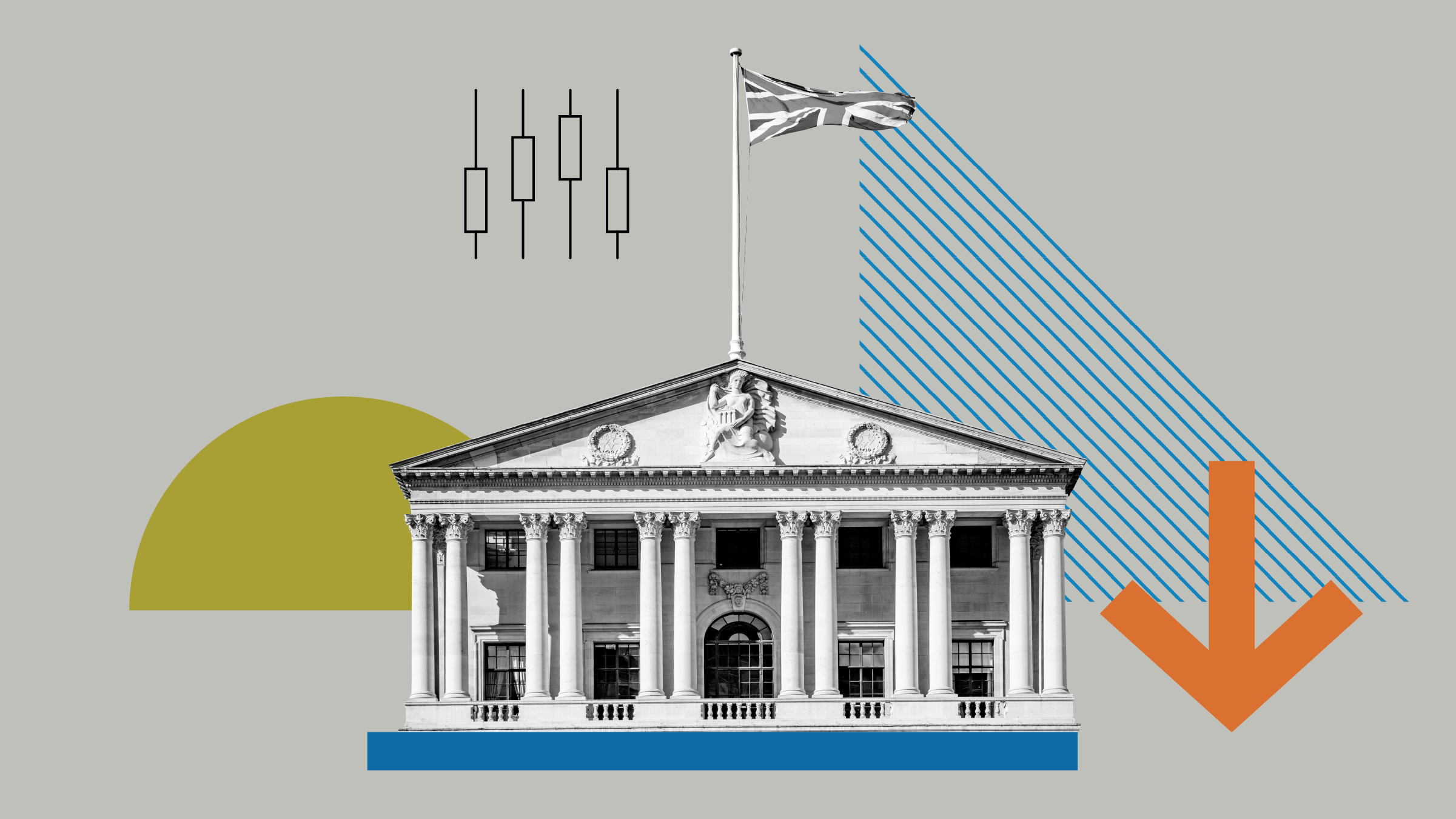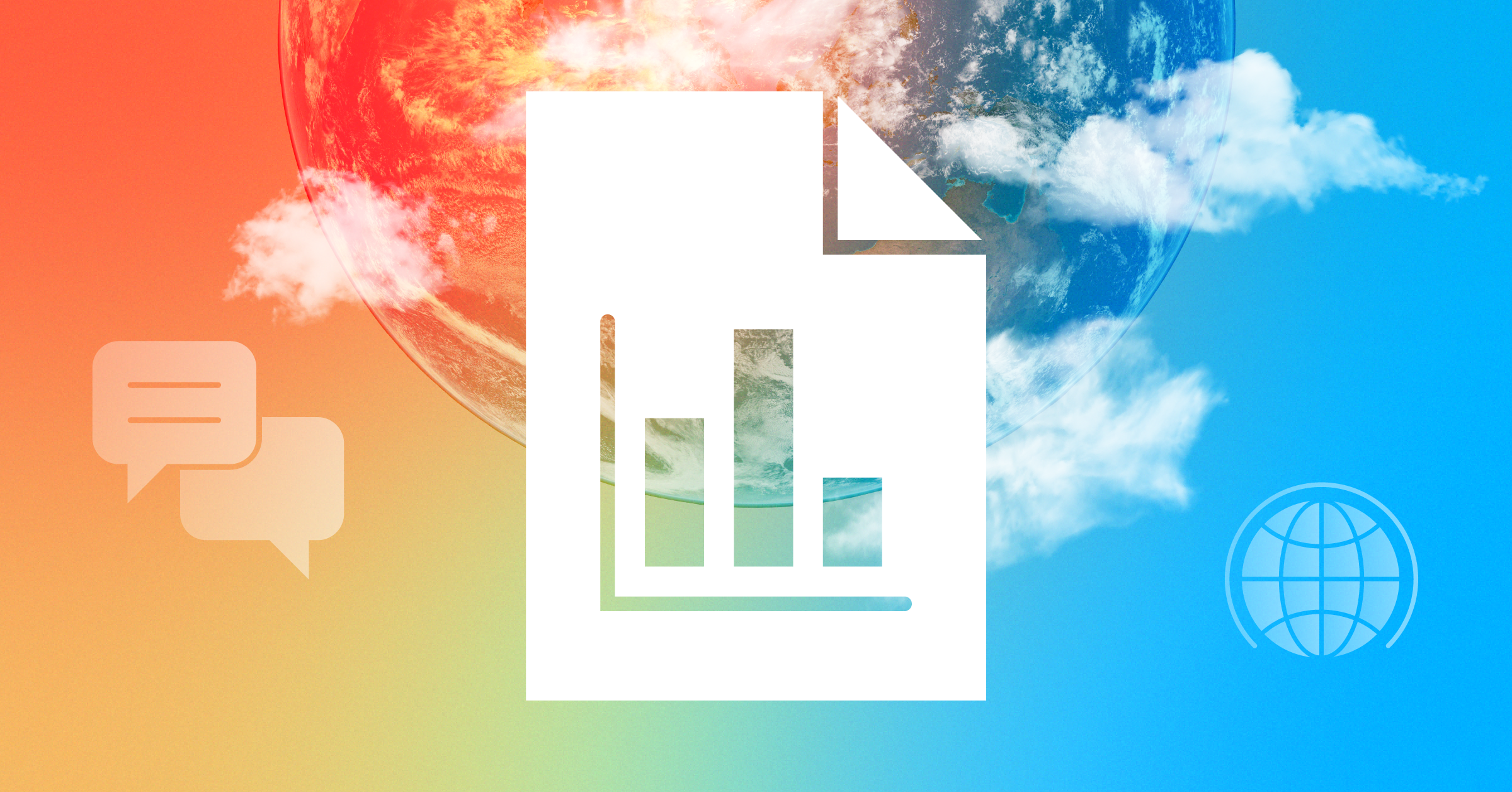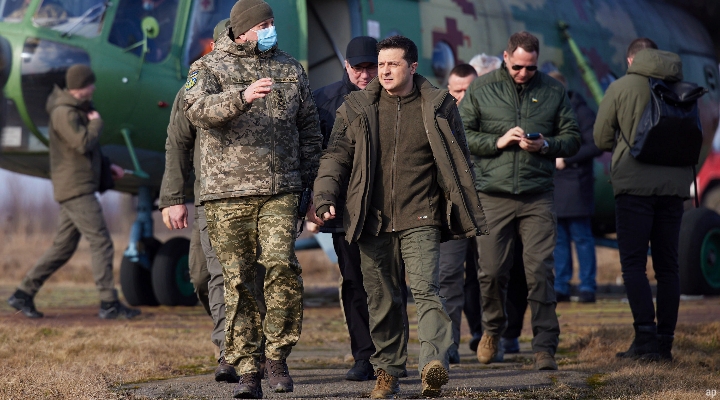
It’s been four months since war broke out in Ukraine. Throughout those weeks, balance sheets have been heavily marked by events and, across markets, the anniversary was marked with further dips.
Recently, on June 26, Moscow defaulted on foreign debt for the first time since 1918, on two different bonds – dollar and euro, maturing in 2026 and 2036. On Monday, bond holders said they did not receive the $100 million interest payments due.
In euros, the Global Markets index has lost about 5% over the past four months (although this is a rebound from last week, where the index was down about 8%), and the Morningstar Europe index is down 5%. The performance is slightly better in sterling terms, and the Morningstar UK index is up 2% over the same period in GBP (but beware the currency effect).
In the UK inflation is set to hit 10% this year, and has left investors whether the Bank of England can bring the balloon back down to earth. Meanwhile, the European Central Bank has just announced the end of quantitative easing with a rate hike expected in July. This announcement mainly hit the financial sector, but also utilities, which are seen by some as an equity alternative to bonds.
Why are Markets Struggling?
“War, with its human costs and risks to the food and energy supply chain, has taken hold of the minds of investors,” according to Mark Preskett, senior portfolio manager at Morningstar Investment Management (MIM).
This is not a standalone factor, either. Inflation has, as mentioned, reached levels not seen for 40 years, and it is determining central bank policies. Plus, fears about the economic slowdown have sparked speculation about much-feared stagflation.
An Energy Rally
Most equity and bond markets have suffered heavy losses since the start of the year, with the exception of energy stocks. These companies have done well from rising oil and natural gas prices which were generated by the post-Covid recovery and the effects of the conflict in Ukraine – especially due to a cut in supplies to many European countries. The Morningstar Global Energy index is up over 30% in GBP so far this year.
Jumping on the energy bandwagon, however, is something you might want to think twice about. “The share prices of the oil companies are linked to the fluctuations in the price of the raw material, a factor on which investors have no visibility”, Gilles Guibout, manager of the AXA WF Framlington Italy fund, warns.
“It would be enough for the geopolitical situation to settle a bit, and for Saudi Arabia to open the taps, and the price of oil would go back below $100. For a manager, it is difficult to say when this will happen, because these are variables beyond their control.”
This is not the only unknown factor, particularly for gas investors. Price caps are being discussed across Europe, and G7 countries are exploring an upper limit for crude, with plans to extend this to natural gas as well.
Uphill Battle for Tech
Technology giants like Alphabet (GOOGL), Apple (AAPL), Meta (META) and Netflix (NFLX) have, as most people know, dominated this past decade, with a rally that seemed endless at times. But earlier in the year, they became the epicentre for the equity sell-off. The Morningstar US Technology index is down more than 20% in sterling terms this year, and its constituents are in general more sensitive to both rising interest rates and the prospects of economic slowdown.
Food Fragility Hitting the Poorest
Another sector which has certainly been impacted by the war is food and agriculture. In some regions, this has been further exacerbated by drought. Sanctions on some of the biggest exporters in the world have pushed the prices of agricultural products to levels not seen for at least thirty years, with serious repercussions hitting the poorest importers in sub-Saharan Africa, Asia, and the Middle East. Furthermore, the rising cost of fuel and fertiliser is a danger to growers around the world.
The food price index, calculated by the Food and Agriculture Organization (FAO) of the United Nations, reached levels never seen before between February and March, and subsequently fell slightly, due to the drop in the prices of vegetable oils and dairy products, but meat prices continued to rise.
Investors Ditch Funds…
Investor sentiment has unsurprisingly been dampened of late, and in May, they withdrew €15.8 billion from European funds – the worst result since the start of the pandemic. In the UK alone, they withdrew £4.3 billion; most of this from equity funds, followed by fixed income.
… And the Funds are Scrambling
For fund investors, the end of the first half of the year is approaching with little satisfaction. Most Morningstar categories are down, with technology stocks, European small- and mid-caps and long-term Euro bonds having a quarter of their value shaved off. The Russian and Eastern European equity sub-funds, mostly suspended or liquidated, are excluded from the ranking. On the scarce list of top performers we find energy stocks, up 20%, and a few alternative strategies, including systematic trend, market neutral and multistrategy.
Uncertainty will Continue its Reign… For Now
“The first half of the year was characterised by many unexpected events, such as the war and lockdowns in China, which led to fears of stagflation, the combination of high inflation in the absence of growth,” Matteo Ramenghi, investment manager of UBS WM Italy, says. “Stagflation penalises both stocks and bonds, but it is a rare phenomenon that in the past has manifested itself after a supply shock, such as in the 1970s due to the surge in oil prices, or because of an excessive liquidity.”
“In our opinion, the most probable scenario is that of a controlled slowdown in inflation and growth, therefore without recession,” he continues. “It seems to us that the market is excessively discounting the risk of recession or exaggerated increases in interest rates. Stock valuations are back in line with historical averages and some opportunities are emerging in the bond sector, especially on short maturities. But for a significant recovery, greater visibility on economic trends and geopolitics is needed; in the short term, therefore, uncertainty will continue to reign.”








%20(1).jpg)


